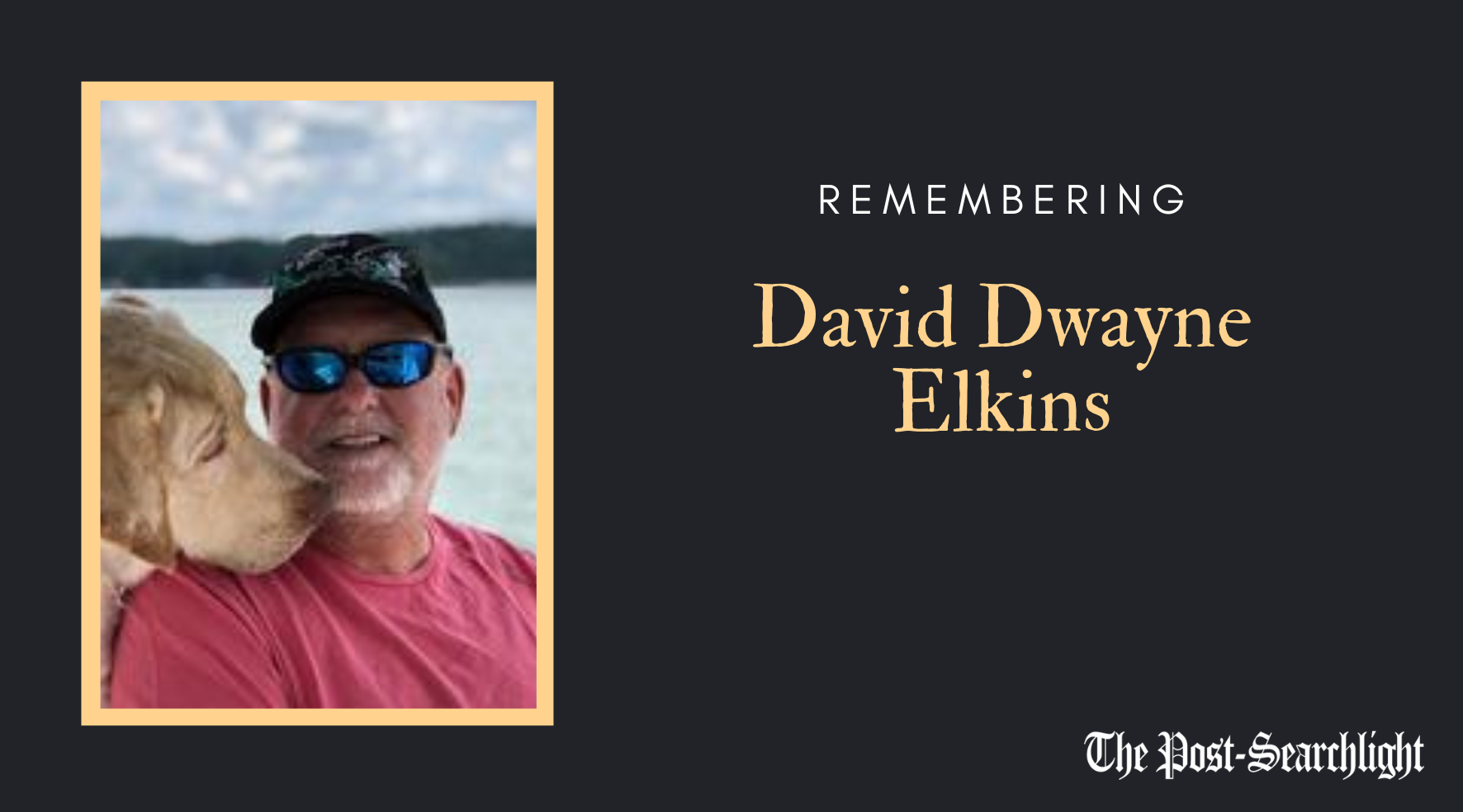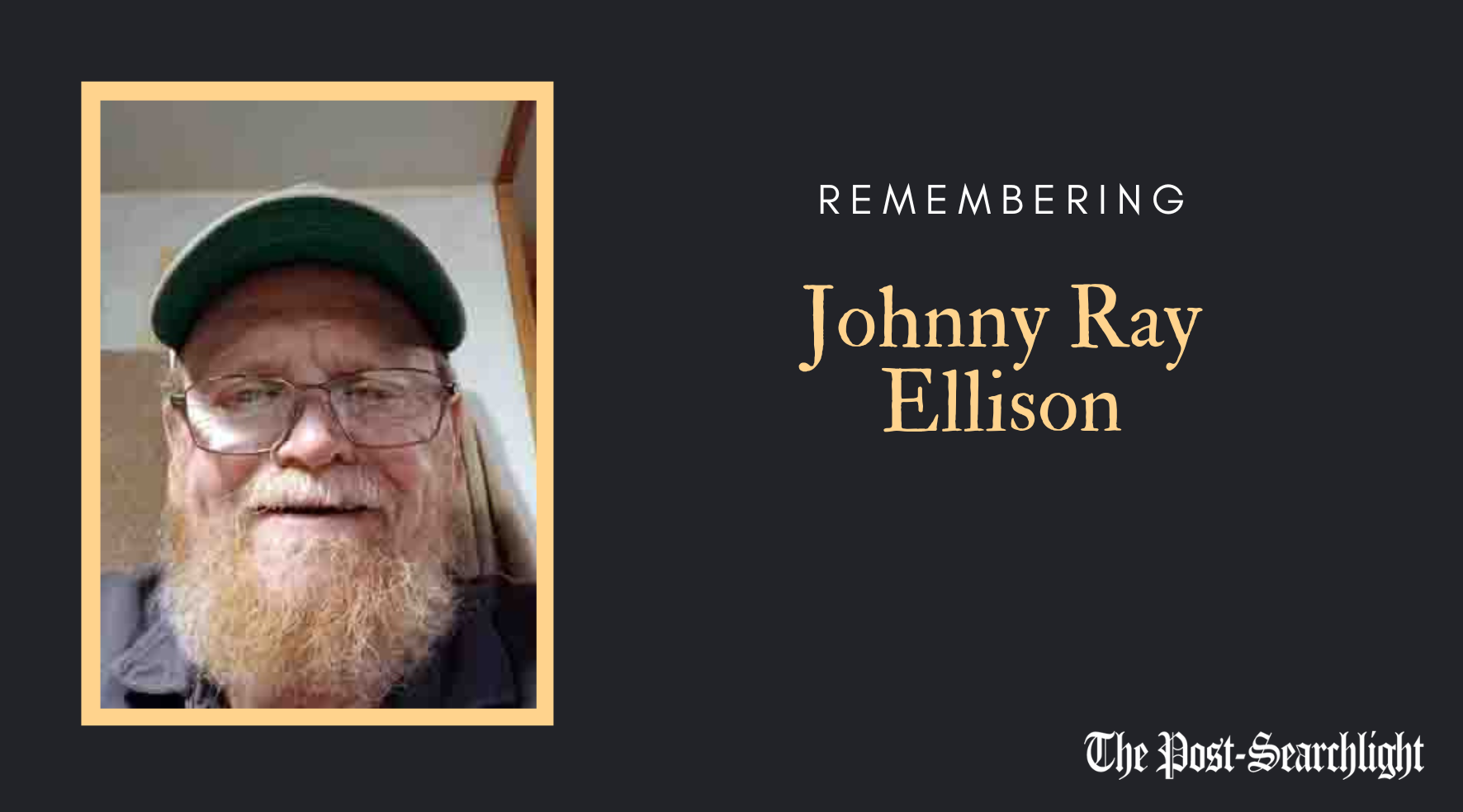Council faces tough decisions
Published 8:47 pm Friday, March 26, 2010
The Bainbridge City Council may have to consider small increases in either its millage rate or its utility usage fees to help make up an anticipated budget shortfall, City Manager Chris Hobby explained at the council’s annual planning retreat.
At the retreat, held Thursday and Friday at Georgia Veterans’ State Park on Lake Blackshear, Hobby said city staff project a $210,875 deficit in the budget for the city’s current fiscal year, which ends Sept. 30.
The predicted deficit is tied to the city receiving less revenue than expected. When the budget was drawn up last summer, it included $9.01 million in revenue to be gathered from property tax, sales tax, traffic fines and other sources. However, as of March 24, only $8.68 million of revenue is expected to come in by the end of September.
Trending
Hobby said at this point, he was recommending the council consider raising its millage rate—a variable which helps calculate property taxes owed—by .613 mills, from 3.075 mills to 3.688 mills. This would increase the tax owed on a home valued at $200,000 by about $49.04 per year, Hobby said.
However, between the end of March and October, revenue could pick back up—possibly in the form of recovering sales tax receipts—and make a millage increase unnecessary. Hobby said the council could also consider other means of making up the shortfall, such as a small increase in water and sewer rates.
Bainbridge collected $1,057,120 in property taxes last year but has rolled back its millage rate every year since 2002, according to Hobby. Before that, the city had a set millage rate of 3.65.
All three local government bodies have been cutting back expenses to balance their budgets due to poor economic conditions. Although each of the three has about $3 million in cash reserves, officials say the reserves would be quickly depleted if they were used to offset shortfalls.
Instead, they have been utilizing a variety of cost-cutting measures. In the city’s case, two positions have been cut through attrition and the duties of an open position will be assigned to another employee. Hobby said he did not believe the city’s workforce could be cut any further without reducing the services it currently provides.
Council gets look at City Hall redesign
Trending
Also at the retreat, City Council members saw for the first time artistic renderings and floor plans for a proposed renovation of City Hall.
Representatives of Clemons, Rutherford and Associates of Tallahassee, Fla., the firm commissioned by the city to create a conceptual design for the renovation, presented their ideas for how City Hall could be reconfigured both inside and out to better meet the needs of employees and citizens.
Although the Council has yet to commit itself to any expenses beyond the conceptual design, and made no decisions at the retreat, they learned the estimated cost of the proposed renovation would be approximately $3.8 million. If the council agrees to move forward, the project would be funded by proceeds from the city’s share of a one-cent Special Purpose Local Option Sales Tax (SPLOST).
Council members acknowledged they could have a tough time persuading citizens of the proposed renovation’s value during the current economic situation, despite the fact that the project would only use SPLOST money and not be tied to property taxes or other revenue.
The last major renovation to City Hall was in the 1970s, and Hobby said city leaders have been discussing renovation since the 1990s. The project’s main goals would be to shore up the foundations of the three buildings, which now comprise City Hall, replace decades-old wiring, improve its poor air quality, and make it more secure. Citizens would benefit from the renovation in several ways, primarily by moving cashiers, court clerks and other staff who interact with them on a daily basis to a more easily accessible first-floor lobby off Broad Street.
The City Council chambers would be moved to the first floor of City Hall and possibly expanded for dual usage as a municipal courtroom. The paved area off Broughton Street used for parking and drive-through utility payments would be replaced with a green space next to where people would enter the new council chambers.





